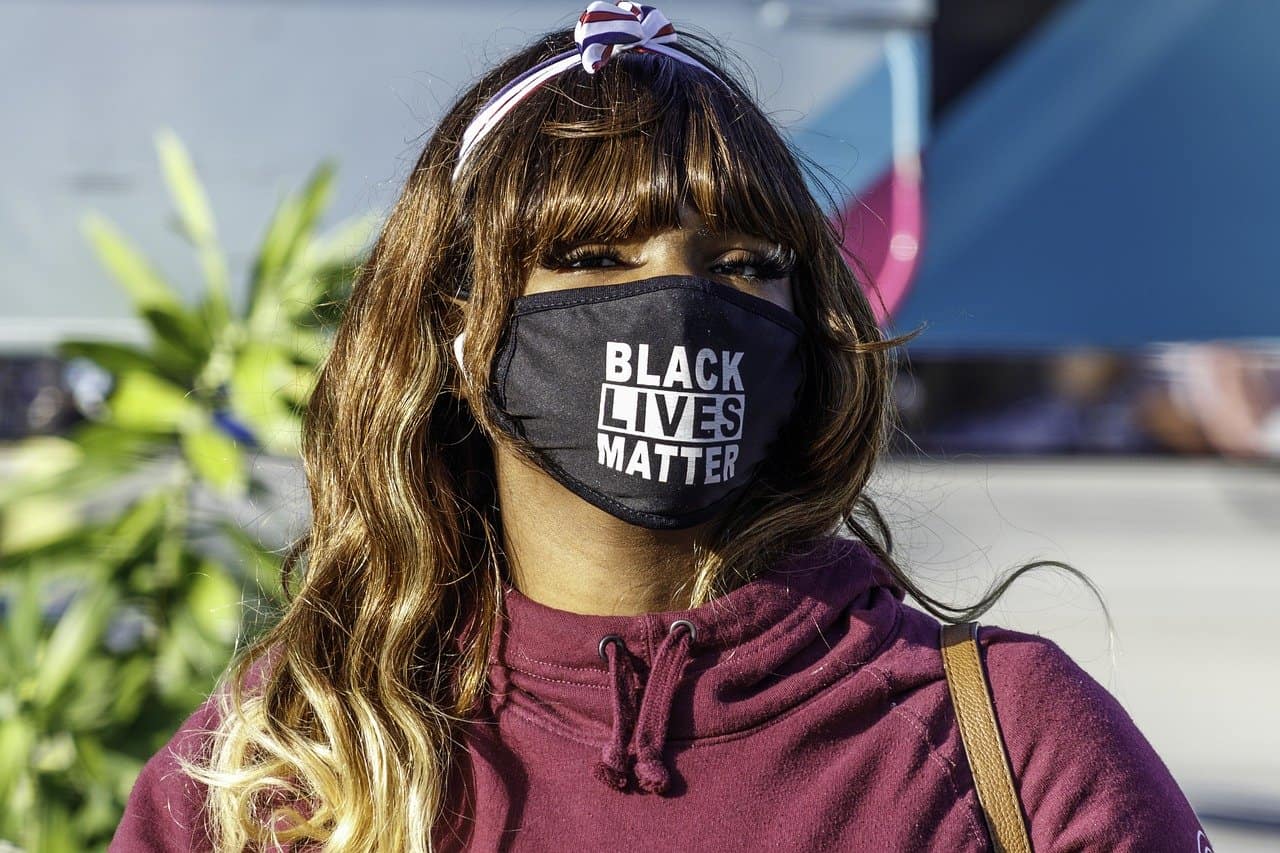
Tascha Shahriari-Parsa is a student at Harvard Law School.
Three cases involving the right of workers to wear Black Lives Matter insignia at work could lead to a change in how the Board interprets Section 7 of the NLRA. The cases involved Whole Foods, Home Depot and Kroger, all of whom have been accused of retaliating against workers for refusing to remove Black Lives Matter apparel at work, such as BLM face masks, after the protests last summer following the murder of George Floyd. In a memo on March 31 of this year, Acting General Counsel of the NLRB Peter Ohr suggested that the phrase “for the purpose of . . . mutual aid or protection”—one of the kinds of protected concerted activity under the act—should be interpreted as protecting “employee’s political and social justice advocacy when the subject matter has a direct nexus to employees’ ‘interests as employees.’” The memo went on to note that the NLRB’s Division of Advice has “concluded that discussions concerning . . . racial discrimination may be inherently concerted.” A memo by general counsel Jennifer Abruzzo in August of this year also suggested that she is interested in cases that concern the Board’s interpretation of the “mutual aid or protection” clause.
If Board prosecutors can demonstrate that the workers wore the BLM masks to protest not just racial discrimination in general but also racial discrimination or harassment specifically at their workplaces—in other words, an issue that is clearly under the employer’s control—then they will have a much stronger case without needing a significant shift in Board precedent to win the case. However, the Board could also find that wearing BLM signs at work is inherently concerted given that even broad, societal-level concerns about racial discrimination and inequality do not bear “so attenuated” a relationship to employee’s interests as employees—the workplace has historically been one of the key cites of struggle for racial justice. Further, under an interpretation that broader social justice advocacy is not protected, workers may be disincentivized from participating in concerted activity like wearing BLM masks, even when such activity is directed at their employer, because it may nonetheless be difficult to establish a clear nexus. Discussions about racial justice writ large can also prompt discussions about racial justice in the workplace, the same way that employees discussing unionization in general or at other workplaces could be a step towards workers forming a union at their own workplace. Finding that such discussions are not protected could thus stifle workers’ efforts to address issues of discrimination and harassment in the workplace.
Yesterday, Congress approved the Uyghur Forced Labor Prevention Act that bans imports from China by businesses who cannot prove that the imports were produced without forced labor. Human rights groups have called for the U.S. government and U.S. companies to end its complicity in forced labor in the Uyghur region. According to a coalition of 410 organizations that includes the AFL-CIO, over 17 global industries and 1 in 5 cotton garments are implicated in forced labor from the region. In a press release, the coalition wrote that it “applaud[s] the House and Senate for passing the Uyghur Forced Labor Prevention Act, despite opposition from many of the nation’s most powerful corporations.” Cathy Feingold, International Director of the AFL-CIO, wrote that “[t]he bill, now headed to President Biden’s desk, significantly improves our ability to enforce the long-standing ban on the importation of forced-labor made goods into the United States. The bill is also an important step in leveling the playing field so the United States can establish a domestic solar supply chain, which is critical to success in the clean energy economy.”
After workers at the D.C. independent bookstore Politics and Prose launched a union drive earlier this month, yesterday, the bookstore’s owners Bradley Graham and Lissa Muscatine hired the Jones Day law firm, infamously known for its aggressive union busting tactics as well as for representing Donald Trump in efforts to overturn the results of the 2020 Election. “These are not the actions we have come to expect from Politics & Prose, nor do they reflect the values of our mission statement,” the Politics & Prose workers union wrote in a statement. “However, we are undeterred. We are forming our union. We are deeply committed to our workplace and we know unionizing is the best way for us to live out our shared values . . . .”
Today, the NLRB certified the union victory at a Starbucks store in Buffalo, the first Starbucks location to unionize. Starbucks now has a legal obligation to negotiate a collective bargaining agreement with workers at the shop.
A RealClear survey released yesterday found that 28% of voters believe unions should have “more influence”, compared to 23% who say they should have “less influence” and 31% wanting “no change.” By party, 39% of Democrats, compared to 17% of Republicans, wanted unions to have greater influence; 39% of Republicans and 10% of Democrats thought unions should be weaker. 37% of non-white working class voters, compared to 25% of white workers, favored greater power in the hands of unions.






Daily News & Commentary
Start your day with our roundup of the latest labor developments. See all
July 2
Block, Nanda, and Nayak argue that the NLRA is under attack, harming democracy; the EEOC files a motion to dismiss a lawsuit brought by former EEOC Commissioner Jocelyn Samuels; and SEIU Local 1000 strikes an agreement with the State of California to delay the state's return-to-office executive order for state workers.
July 1
In today’s news and commentary, the Department of Labor proposes to roll back minimum wage and overtime protections for home care workers, a federal judge dismissed a lawsuit by public defenders over a union’s Gaza statements, and Philadelphia’s largest municipal union is on strike for first time in nearly 40 years. On Monday, the U.S. […]
June 30
Antidiscrimination scholars question McDonnell Douglas, George Washington University Hospital bargained in bad faith, and NY regulators defend LPA dispensary law.
June 29
In today’s news and commentary, Trump v. CASA restricts nationwide injunctions, a preliminary injunction continues to stop DOL from shutting down Job Corps, and the minimum wage is set to rise in multiple cities and states. On Friday, the Supreme Court held in Trump v. CASA that universal injunctions “likely exceed the equitable authority that […]
June 27
Labor's role in Zohran Mamdani's victory; DHS funding amendment aims to expand guest worker programs; COSELL submission deadline rapidly approaching
June 26
A district judge issues a preliminary injunction blocking agencies from implementing Trump’s executive order eliminating collective bargaining for federal workers; workers organize for the reinstatement of two doctors who were put on administrative leave after union activity; and Lamont vetoes unemployment benefits for striking workers.